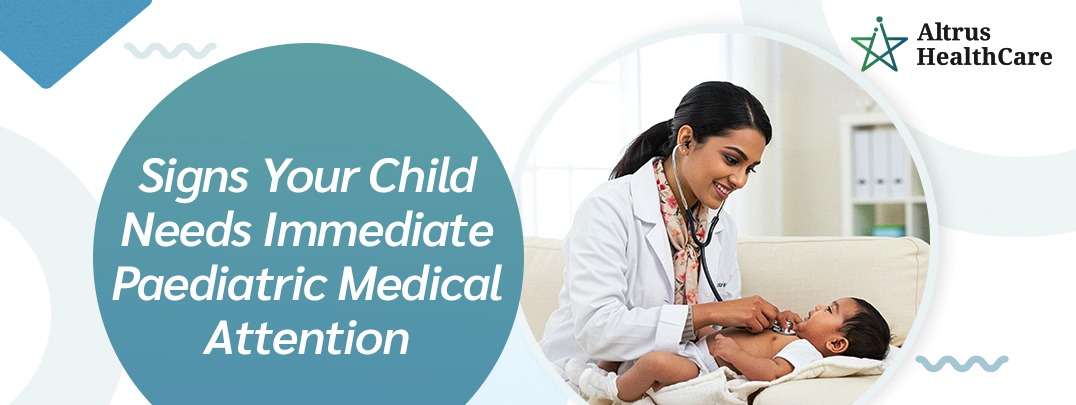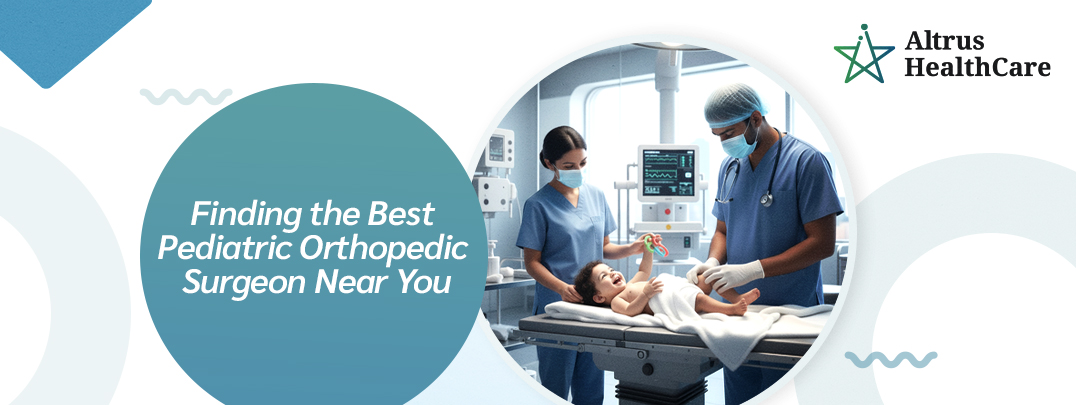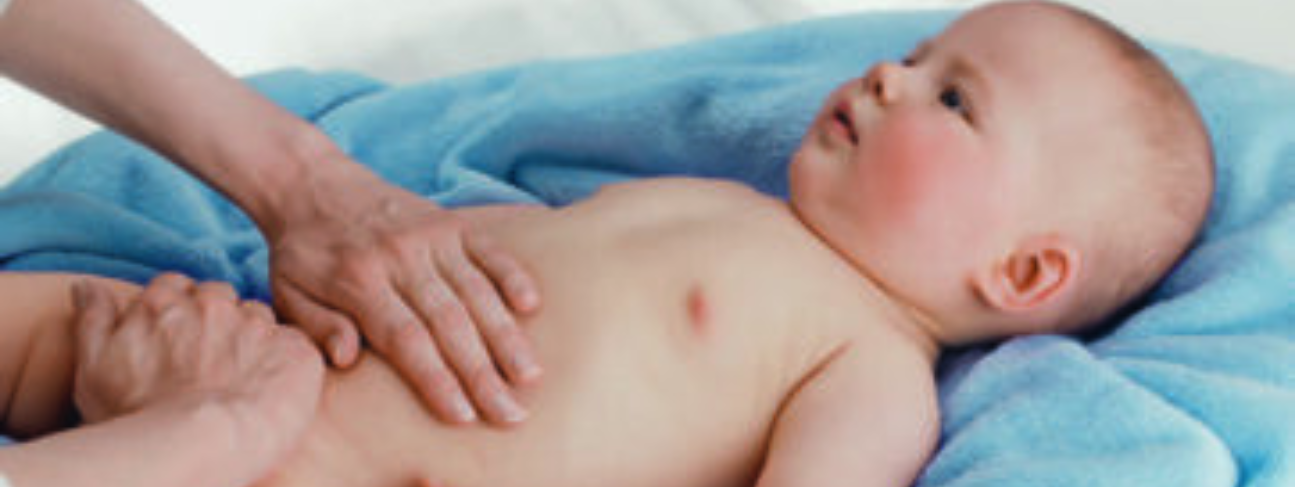Every parent has faced this moment. Your child has a fever at night, keeps crying without reason, or suddenly becomes very quiet and weak. You wonder if this is serious or if it will pass. Getting medical help at the right time can change things completely.
Children keep falling sick. Their illness also progresses quickly. Hurting oneself and catching a cold is common. But parents must look out for warning signs. This helps identify what the child’s healthcare needs are and which specialist is suitable. For the best results, you can seek out services from the best child specialist hospital in Dehradun.
When to Rush to the Best Child Specialist Hospital in Dehradun
Some symptoms clearly need urgent medical attention. Troubled or unstable breathing, blue lips, require immediate care. The best child specialist hospital in Dehradun can help monitor the symptoms and find a cure.
High fever that does not dip, repeated vomiting, extreme dehydration, losing consciousness are signs to note. These are red flags that require instant attention. A reputable child care specialist can examine and tell the condition of the child in such cases.
Excessive sleepiness or unresponsive behaviour is a cause of concern. It requires assistance for a good pediatric clinic in Dehradun.
Newborn Warning Signs Parents Should Watch While Choosing a
Newborns are fragile and prone to illness. Signs like not feeding, high-pitched crying, and yellowing of eyes require medical attention from the best child specialist hospital in Dehradun.
Trouble when breathing, low body temperature, and unexplained skin colour changes are big issues. Choosing a trained child care specialist will help address these problems and avoid serious health issues in newborns.
Medical care for newborns must always be guided by experienced teams in a well-equipped pediatric clinic in Dehradun.
Severe Infections and Sudden Health Changes
Children get more infections due to developing immunity. However, if a fever is accompanied by rash, stiff neck, severe headache, or persistent coughing, it needs evaluation at the best child specialist hospital.
Loose motions and vomiting are common. Parents should still notice signs of dehydration such as chapped lips, no urination for many hours, etc. For these issues, a reputed child care specialist from Dehradun can help.
Sudden behavioural abnormalities like too much irritability or extreme sleepiness also signal bigger problems under the surface. Getting help from a dependable pediatric clinic in Dehradun leads to proper diagnosis.
Injury, Falls, and Accidents
Active children are prone to falling. But, head injury followed by vomiting, dizziness, and imbalance requires quick medical attention from the best child specialist hospital.
Severe gaping wounds, broken bones, burns & poisonings need urgent care from a medically qualified doctor. Emergency care under an experienced child specialist saves children from long-term damage. Parents should never ignore injuries assuming children “will be fine” and skip visiting a trusted pediatric clinic in Dehradun.
Chronic Conditions Turning Severe
Children with congenital disorder need special treatment for their health condition. If an asthmatic child continues to wheeze, show increased frequency of seizures, or are continually experiencing fluctuating sugar levels; they demonstrate signs that warrant immediate attention by a pediatrician at the best child specialist hospital in dehradun
Long-term illnesses can sometimes worsen without reason. Regular follow-ups with a child specialist help avoid emergencies.
Expert Pediatric Support at Altrus HealthCare
At Altrus HealthCare, we provide comprehensive child medical services from routine care to emergency management. As a recognised best child specialist hospital in dehradun, we offer vaccination programmes, growth monitoring, management of chronic illnesses like asthma and diabetes, behavioural counselling, rehabilitation support, and specialised PICU services. Our multidisciplinary approach and experienced child specialist team ensure that children receive timely diagnosis, constant monitoring, and compassionate treatment within a fully equipped pediatric clinic in the Dehradun environment.
As a Parent, When Should You Trust Your Instincts?
Parental instinct is powerful. If something feels “not normal” about your child’s behaviour, breathing, feeding, or energy level, it is always safer to consult the best child specialist hospital. Early medical intervention prevents complications and brings peace of mind.
Children cannot always explain how they feel. Observing changes in activity, appetite, sleep, and mood helps identify danger signs early. Seeking guidance from a dependable child care specialist at the right time keeps your child safer and healthier.
FAQs
What temperature is a cause of worry in children?
A temperature over 39°C (102.2°F) is too high for children.
If my baby is not feeding, should I run to the best child specialist hospital in Dehradun?
If your newborn is not feeding, it is important to consult a child specialist from the best child specialist hospital in Dehradun.
Can I treat repeated vomiting at home?
If your child is vomiting repeatedly, they need medical attention urgently.
If my child needs PICU support, is Altrus HealthCare good?
Altrus HealthCare provides PICU and emergency services, which makes it a good 24-hour hospital for children.







